An astonishing, impossible-to-put-down page-turner of a book! Kehoes tale will elicit glimmers of recognition in anyone who has wondered how to go about freeing oneself from the world which begins at home.
Daphne Merkin, author of Dreaming of Hitler
At once a memoir and a reminder of how the global and the intensely personal inextricably intertwine. An awesome and exhilarating tale.
Carolyn See, author of The Handyman
A remarkably gripping book. [Readers] will watch in suspense as a daughter slowly begins to comprehend the legacy she was long deprived of.
Cynthia Ozick, author of Quarrel and Quandary
Eloquent. As in the best fiction, the story ultimately makes a scramble of our easy moralizing. This memoir transcends its own form, becoming a testament to the ways in which historical ills sicken the individual soul.
Newsday
Copyright 1995 by Louise Kehoe
All rights reserved under International and Pan-American Copyright Conventions. Published in the United States by Schocken Books, a division of Random House, Inc., New York, and simultaneously in Canada by Random House of Canada Limited. Toronto. Distributed by Pantheon Books, a division of Random House, Inc., New York. Originally published in hardcover by Schocken Books, a division of Random House, Inc., 1995.
Grateful acknowledgement is made to the following for permission to reprint previously published material: The Estate of Edward Davison: In This Dark House from Hearts Unreason by Edward Davison, copyright 1940 by Edward Davison. Copyright renewed 1968 by Edward Davison. Reprinted by permission of The Estate of Edward Davison, Peter Davison, executor. Peters Fraser and Dunlop Group Ltd.: Excerpt from Matilda from Cautionary Verses by Hilaire Belloc. Reprinted by permission of Peters Fraser and Dunlop Group Ltd.
Library of Congress Cataloging-in-Publication Data
Kehoe, Louse, 1949
In this dark house: a memoir / Louise Kehoe.
cm.
1. Lubetkin, Berthold, 1901-1990. 2. ArchitectsEnglandBiography. 3. Kehoe, Louise, 1949- Family. I. Title.
NA997.L76K45 1995 720.92dc20 [B]
eISBN: 978-0-307-55705-6
v3.1
For Roman and Fenya
Contents
This book represents the truth as I see it, but because of the sheer complexity of the story it has been necessary to introduce occasional elements of fiction. In addition, the names of a number of individuals and places have been changed in order to protect certain individuals privacy.
C hapter
 In the southwest of England, where the river Severn ambles gently through the undulating Cotswold countryside, the scenery is timeless and unmistakably agricultural. The landscape is latticed with natural hedgerows prickly and impenetrable thickets of sweetbrier and hazel, hawthorn and elder which divide field from field and farm from farm along ancient boundaries. The narrow, winding roads are used by livestock more than by cars, and the few drivers who do negotiate those twists and turns do so at snails pace, knowing that they may at any moment come upon a flock of sheep or a herd of cattle plodding sedately toward their barn at milking time.
In the southwest of England, where the river Severn ambles gently through the undulating Cotswold countryside, the scenery is timeless and unmistakably agricultural. The landscape is latticed with natural hedgerows prickly and impenetrable thickets of sweetbrier and hazel, hawthorn and elder which divide field from field and farm from farm along ancient boundaries. The narrow, winding roads are used by livestock more than by cars, and the few drivers who do negotiate those twists and turns do so at snails pace, knowing that they may at any moment come upon a flock of sheep or a herd of cattle plodding sedately toward their barn at milking time.
The village of Upper Killington does not appear on any map. Indeed, despite its rather grandiose name, it can hardly be described as a village at all, nor even a hamlet. There are just three houses there; three seventeenth-century stone-built farmhouses nestling comfortably in the shelter of a little valley.
My parents discovered Upper Killington entirely by accident. It was 1939, just before the outbreak of the Second World War, and they had not long been married. They lived in London then, where my fathers architectural practice was based, and were driving back to London after spending a weekend with friends in the west country when a particularly beautiful sunset made them want to stop for a while and just look. Leaving their car beside a ramshackle hay barn, they wandered down an anonymous-looking dirt road and suddenly found themselves in the little valley, its patient old houses suffused with the sunsets triumphant light. One of the three houses stood empty and abandoned, its garden waist-high in grass and weeds, its rough-hewn front door obscured by a heavy curtain of wisteria whose inquisitive tendrils had wormed their way through the keyhole and around the doorjamb, and could be seen advancing greedily across the flagstoned floor within.
To my parents, the pull of this beautiful backwater must have seemed irresistible. The country was on the brink of war; uncertainty permeated every aspect of daily life. Bomb shelters were hurriedly being constructed in towns and cities all over England, and propaganda posters had begun appearing everywhere. Careless Talk Costs Lives, the posters proclaimed apocalyptically, warning people not to talk unguardedly to anyone: you never knew who might be listening, who might be a spy or a Nazi sympathizer. In this atmosphere of mounting dread and queasy instability Upper Killington, isolated and untouched by the troubles of the twentieth century, offered an oasis of immutable calm and reassuring predictability.
They returned to London but could not settle. Before the end of that year they had bought the empty house at Upper Killington and the hundred acres of farmland that went with it. Because of its blissful remoteness but also, I suspect, because of the catastrophe which was about to engulf Europe they called the house Worlds End.
C hapter
 The dirt road leading to Upper Killington was knee-deep in mud when my parents moved into Worlds End in the winter of 1939, and the moving van could not get down to the valley. Instead, it had to be unloaded at the top of the hill and the contents ferried laboriously to the house on a tractor and trailer driven by one of the local farmers, a mountain of a man by the name of Alf Chapel.
The dirt road leading to Upper Killington was knee-deep in mud when my parents moved into Worlds End in the winter of 1939, and the moving van could not get down to the valley. Instead, it had to be unloaded at the top of the hill and the contents ferried laboriously to the house on a tractor and trailer driven by one of the local farmers, a mountain of a man by the name of Alf Chapel.
This was only the first of Alfs many kindnesses. Alf knew every inch of Upper Killington like the back of his hand: he had been born in the very house in which he was now raising a family of his own, and his father and grandfather had farmed the same land before him. It was extremely rare in those days for ownership of a farm to change other than by family succession, and talk about the newcomers at Upper Killington had long preceded their rather undignified arrival. Alf had heard his fair share of rumors and speculation; sitting around the fire in the pub with the other local farmers he had listened as they gossiped, their stories growing taller and taller under the influence of the landlords stupefyingly strong home-brewed cider. But Alf had a level head and a generous heart, and although he was as curious as any as to why a Russian architect and his young wife would want to move to a derelict farm in the heart of rural England, his inclination was to wait and see.
He didnt have long to wait. Talking to my parents as they sat amid the sea of tea chests and cardboard boxes in the empty farmhouse, it rapidly became clear to him that they had bought Worlds End on a whim, and that although they were obviously infatuated with the idea of becoming farmers, they knew next to nothing about what was involved. He decided to take them under his wing; and that was just as well, for if he hadnt, my parents, armed as they were with nothing but the blind enthusiasm of the amateur and a twelve-volume encyclopedia of veterinary science, would surely soon have found themselves hopelessly out of their depth.


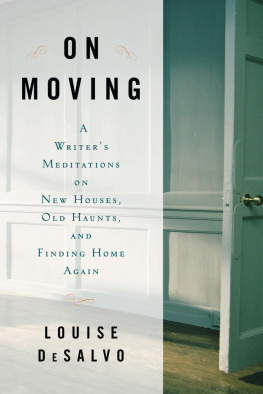
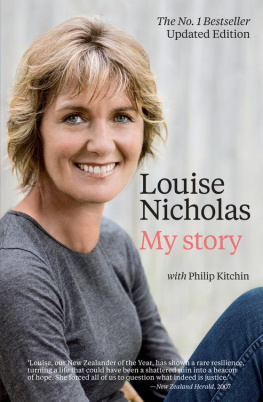


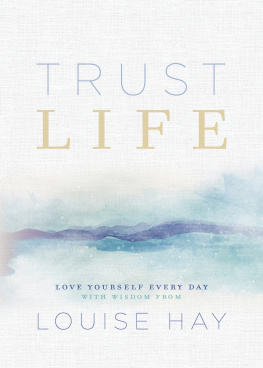
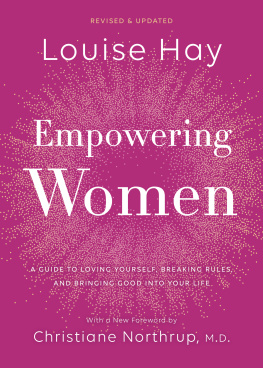
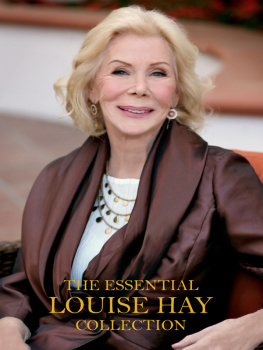

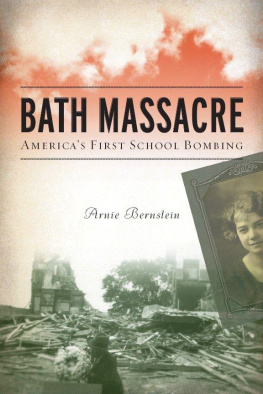
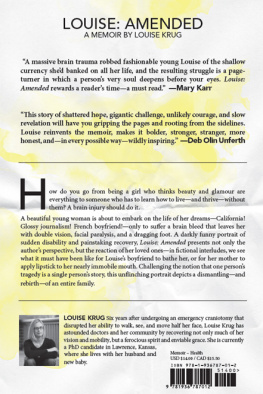
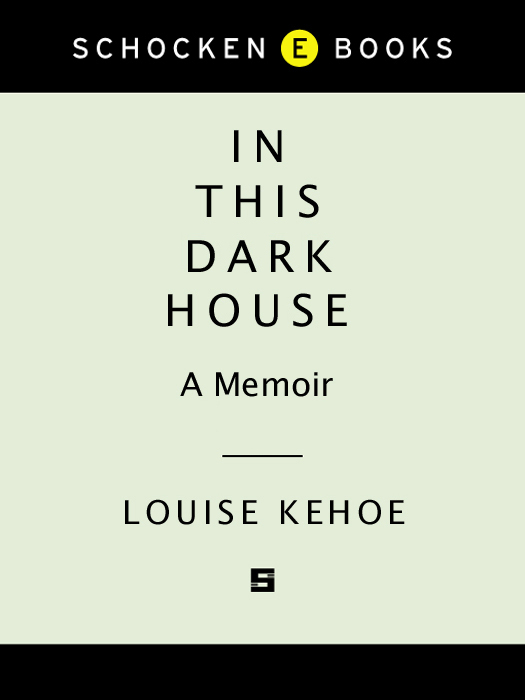
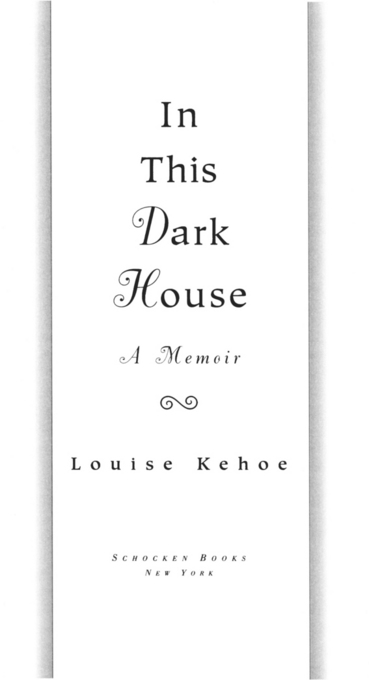
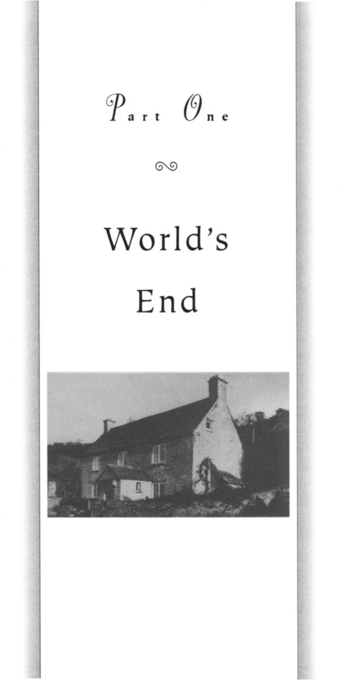
 In the southwest of England, where the river Severn ambles gently through the undulating Cotswold countryside, the scenery is timeless and unmistakably agricultural. The landscape is latticed with natural hedgerows prickly and impenetrable thickets of sweetbrier and hazel, hawthorn and elder which divide field from field and farm from farm along ancient boundaries. The narrow, winding roads are used by livestock more than by cars, and the few drivers who do negotiate those twists and turns do so at snails pace, knowing that they may at any moment come upon a flock of sheep or a herd of cattle plodding sedately toward their barn at milking time.
In the southwest of England, where the river Severn ambles gently through the undulating Cotswold countryside, the scenery is timeless and unmistakably agricultural. The landscape is latticed with natural hedgerows prickly and impenetrable thickets of sweetbrier and hazel, hawthorn and elder which divide field from field and farm from farm along ancient boundaries. The narrow, winding roads are used by livestock more than by cars, and the few drivers who do negotiate those twists and turns do so at snails pace, knowing that they may at any moment come upon a flock of sheep or a herd of cattle plodding sedately toward their barn at milking time.